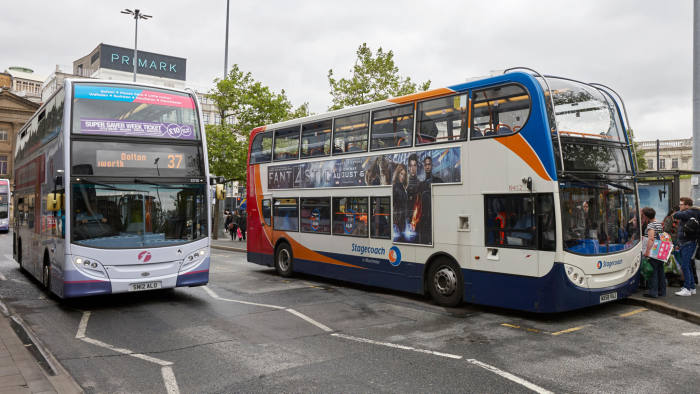When the word ‘work’ comes to mind, what do you think of?
Money, tiredness, procrastination, hardship?
When we think of work, many of us wish for it to be meaningful. But what does it mean for a job to be meaningful ?
Is the purpose of work to maximise our economic potential, or is it to increase the pleasure of others and reduce their pain and suffering?
According to the Office of National Statistics, jobs such as play workers, educational support assistants, theme park attendants are, on average, among the lowest paid jobs in the UK, whereas doctors, financial directors and footballers are paid vastly more.
Does that mean being a doctor, financial director or footballer has more meaning than lower paid jobs?
Society seems to think more highly of academic qualifications and professional jobs than other kinds of work. We see money as an indicator of success regardless of the actual value of the role to society.
Far too often, society judges people’s status in relation to the type of output they produce, but our value to society shouldn’t be contingent upon our output as we all have different abilities, likes and interests, and one shouldn’t be more important than another.
To understand the value of people we must acknowledge what is true, beautiful and good, not necessarily because they are outputs of our work, but because they just are.
Our lives are charged with meaning, purpose and significance, not because you produce something that some may find interesting… but because you are!
Should we centre our choice of occupations purely around outputs or the inherent value and gift we have of life itself‽
Through such arduous and unprecedented times, where inequality has been exacerbated greatly, important roles and jobs that have significantly helped us through the pandemic have become far more appreciated and valued.
Many people have realised that those roles have not been rewarded for their outputs with vast sums of money, but with a shared gratitude and appreciation.
Is this re-evaluation something we should continue, especially towards the low-paid workers who play such huge roles in society, or should we revert back to the old way of defining work?
As we come to the age where we must begin to decide our professions, we must decide upon the value of it using the currency of satisfaction instead.
Work should cease to be seen merely as drudgery and come to be seen as an arena in which to exploit and explore talents for the benefit of ourselves and thus humankind. How you value work will depend on how long such benefits will last.
So, the next time you think about a future job or profession, start with the intrinsic value of work as opposed to the monetary value instead, and ask yourself: Do you live in order to work or do you work in order to live?


